How can Superfoods support mental performance
Mental performance As simple or complicated a task, your mental agility is going to determine how well and (…)
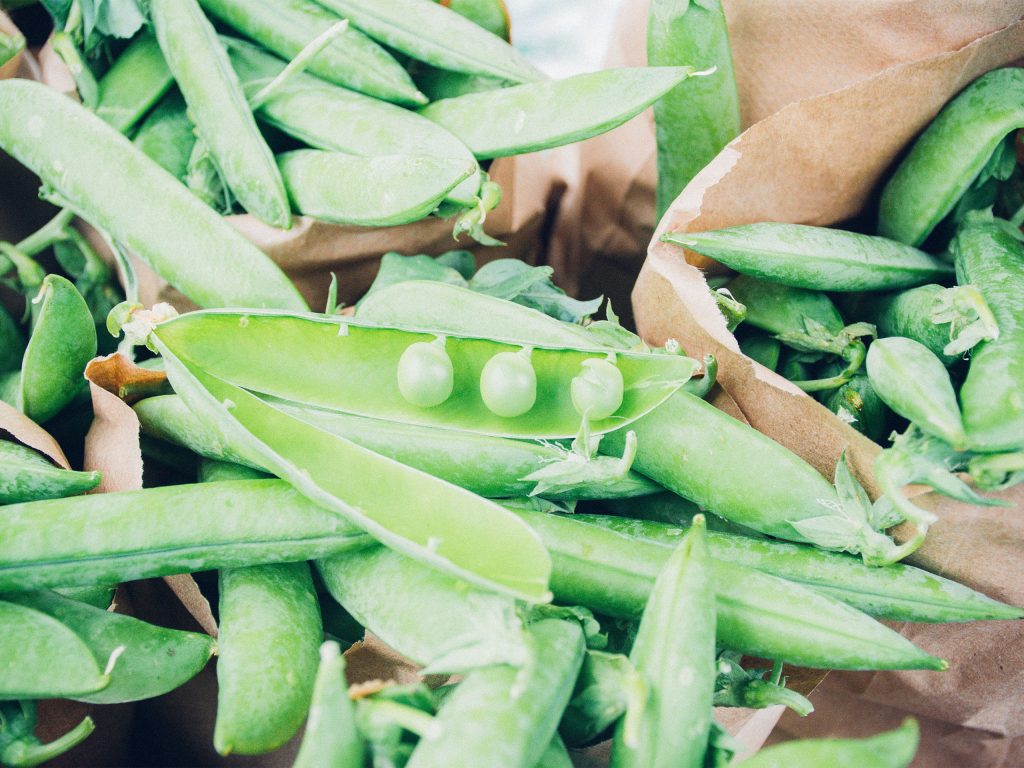
Article
Plant-Based Proteins vs Animal-Based Proteins
There seems to be a constant battle of whether plant-based protein or animal-based protein is better. As time (…)
There seems to be a constant battle of whether plant-based protein or animal-based protein is better. As time goes on, there’s an increase in the demand for a healthier and more environmentally friendly option. Therefore, individuals are turning to plants as a resource. Most of the plant-based proteins come from peas, soy, nuts, and even hemp. These are all much more sustainable sources of protein that don’t produce the harmful greenhouse gases that mass animal production does. They also provide the body with more nutrients pound for pound, with the added benefit of less calories. As obesity and overconsumption of calories go hand in hand, this makes plant-based protein a much more viable option.
We’re going to dive more into this in the upcoming sections.
Plant-based protein is simply protein from plants. This typically wouldn’t be considered the case, as protein has normally been derived from animal sources. However, there are loads of amino acids and protein within certain plants and plant products. These proteins can be consumed by consuming the plant, or by isolating the compounds from these plants to be used in supplements.
You see these plant sources being used in products like protein powders now. This provides a quick and efficient way of getting in that extra protein without even using an animal product. While at first some of these plant-based products were less appetizing, a lot has changed, and you can’t even tell the difference.
Tons of nutrients come from plants, and they also come at a fraction of the calories you would consume from an animal source of protein. This makes them valuable and a great option for building muscle, along with losing weight.
Animal-based protein is just the opposite. Animal tissue contains protein, just like ours does. We consume this in the form of meat and possibly organs along with products like dairy and eggs. We break this protein down into amino acids and use it to create new structures in the body.
Just like with plants, we can consume this protein in its naturally form or we can create an isolated supplement. You may find this in many different whey protein powders on the market. Whey is just an isolated protein from milk that’s been turned into a powder form.
Plant-based protein comes with a very high nutrient profile. It’s no secret that plants have abundant amounts of vitamins and minerals. They’re also lower in total calories, which helps to improve health across the board. Plant-based sources of protein also come with loads of fiber which helps to improve digestion, gut health, and the lowering of cholesterol.
You receive a bigger health benefit all together when you utilize a plant-based source of protein.
While animal protein has been the most popular source for many years, some of the damaging after-effects are being realized. With the way farms are mass producing livestock and other animals, harmful greenhouse gases like methane. This is proving to show some harmful environmental risks.
Some sources of animal protein also come rich in saturated fats, which are directly connected to an increase in cholesterol levels. This can be something that influences heart disease, and therefore makes increases some risks.
Plant-based proteins are becoming more and more popular for a reason. They’re a huge benefit to health, and they lack the negative implications that may come with some animal-based sources of protein. You get tons of nutrients, protein, and they’re lower in calories. In addition, they don’t produce the harmful greenhouse gases that mass production of animal products do. There’s really a huge win-win with the use of these kinds of protein. Keep this in mind when trying to choose what’s going to be best for you and your goals!
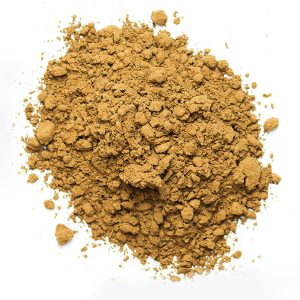
SKU: ROCOC01 | Pallet | Min: 750kg
£5.46kg £4,095.00 per Pallet
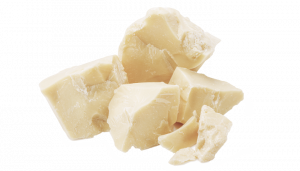
SKU: ROCOC07 | Bag | Min: 25kg
£9.48kg £237.00 per Bag
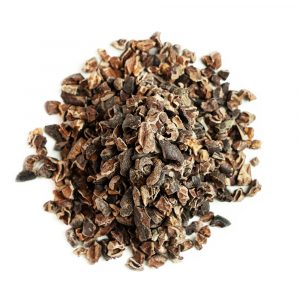
SKU: ROCOC04 | Pallet | Min: 720kg
£7.69kg £5,536.80 per Pallet
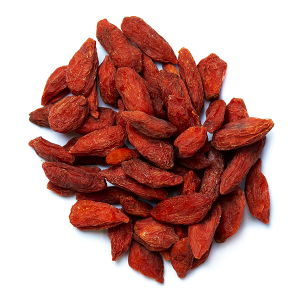
SKU: ROGOJ01 | Pallet | Min: 600kg
£16.35kg £9,810.00 per Pallet
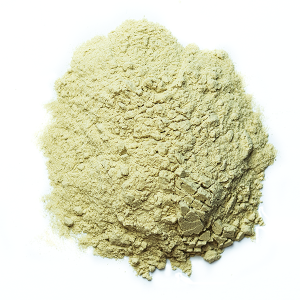
SKU: ROLUC01 | Pallet | Min: 720kg
£14.51kg £10,447.20 per Pallet
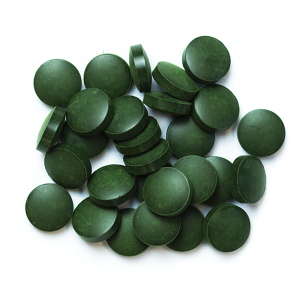
SKU: ROSPI02 | Bag | Min: 5kg
£11.01kg £55.05 per Bag
We are only to deal in pallet quantities, but welcome all enquiries. Please complete this form or contact accounts@supernutrients.co.uk or +44 1225 835 072
"*" indicates required fields